Feature
-
 Genetics
GeneticsGMOs haven’t delivered on their promises — or risks
Genetically modified foods have been studied extensively and are abundant on supermarket shelves, but they haven’t managed to end world hunger yet.
-
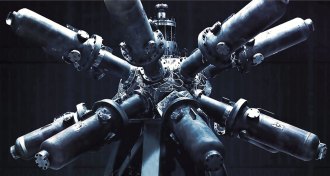 Physics
PhysicsNuclear fusion gets boost from private-sector startups
Private-sector firms are creating nuclear fusion machines that may beat governments to the punch.
By Alan Boyle -
 Health & Medicine
Health & MedicineMom’s weight during pregnancy shapes baby’s health
Obesity at conception or during pregnancy is a big problem that's getting bigger: New evidence says a child's mental health could be at stake.
By Laura Beil -
 Neuroscience
NeuroscienceHis stress is not like her stress
When the pressure doesn’t let up, men and women react differently. The root of the difference may be messaging within the brain.
By Susan Gaidos -
 Physics
PhysicsThe science of avalanches
High-tech instruments are helping researchers study how temperature can change the character — and danger — of an avalanche
-
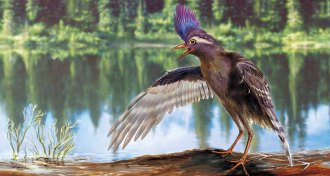 Paleontology
Paleontology12 amazing fossil finds of 2015
From an ancient sponge ancestor to the Carolina Butcher, scientists learned a lot about life on Earth this year.
By Meghan Rosen -
 Psychology
PsychologyAs suicide rates rise, researchers separate thoughts from actions
Advances in suicide research and treatment may depend on separating thoughts from acts.
By Bruce Bower -
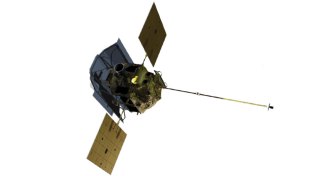 Astronomy
AstronomyAstronomical milestones of 2015
The New Horizons mission to Pluto was the No. 1 science story of the year. Here some other notable space missions.
-
 Science & Society
Science & SocietyScience puzzles no longer so puzzling
This year, researchers solved the riddle of mysterious radio bursts, the Erdös discrepancy problem and an elusive acid.
-
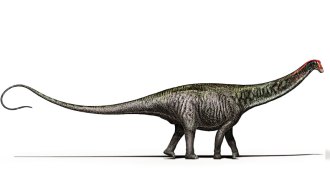 Science & Society
Science & SocietyThese truisms proved false in 2015
Don’t always believe what you hear. These truisms turned out to be false in 2015.
-
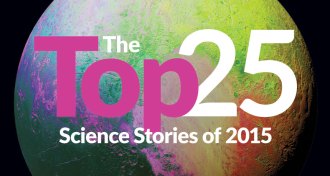 Science & Society
Science & SocietyTop stories of 2015: Pluto, gene editing, a new hominid and more
Pluto up close, the power gene editor CRISPR, new early human kin and more make Science News' list of the top 25 science stories of 2015.
-
 Planetary Science
Planetary ScienceYear in review: Pluto unveiled as a world like no other
Long out of reach, Pluto came into focus in 2015 with the New Horizons mission.